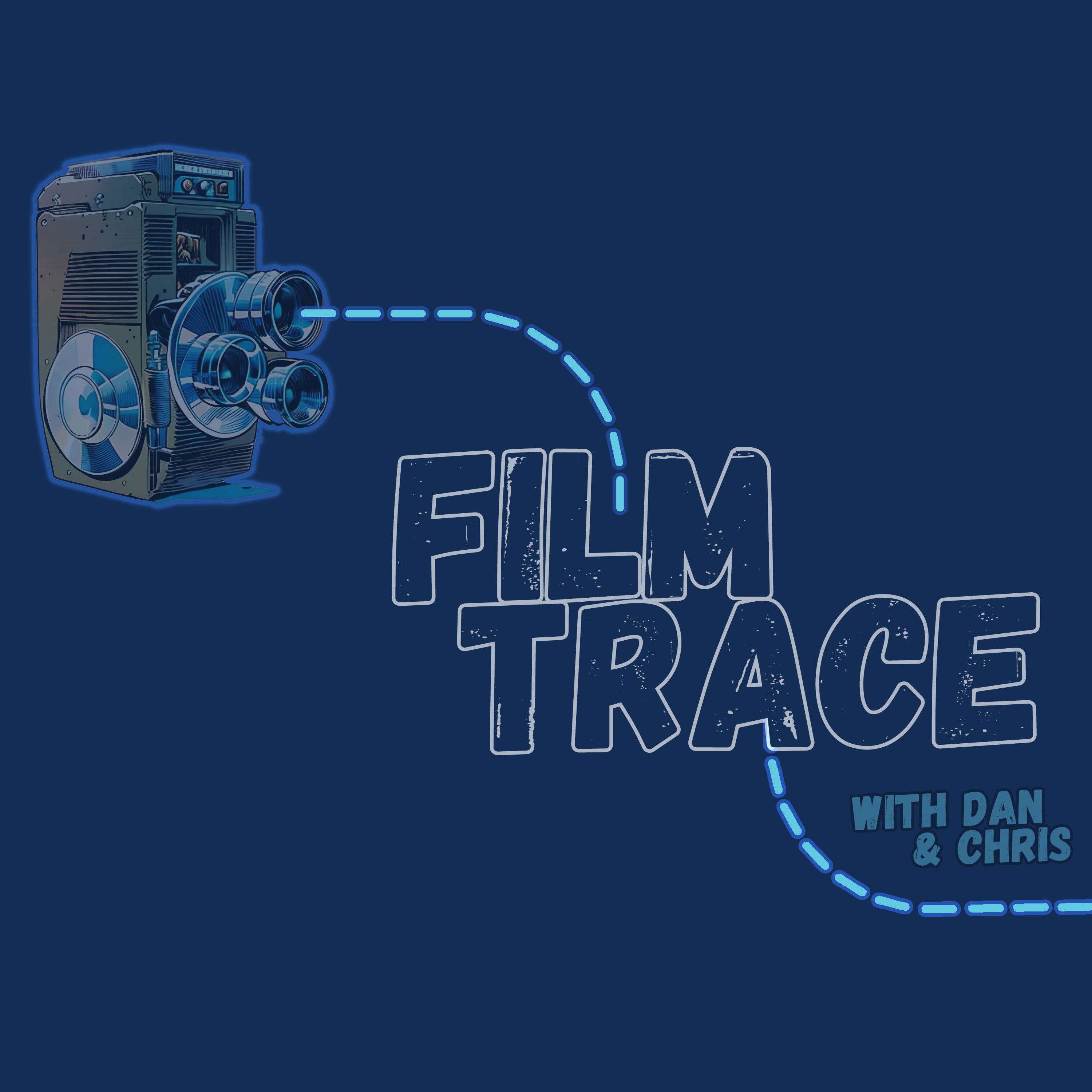Episode 7
A Fistful of Dollars (1964) and Yojimbo (1961)
In episode seven of our Visionary Remakes season, we traverse two classic westerns. First, Kurosawa's Yojimbo (1961) and its nearly immediate Italian reaction, Sergio Leone's A Fistful of Dollars (1964).
The western has always been seen as a distinctly American film genre. The "west" in the word is the American West, a grand nearly ungovernable stretch of land filled with plains, deserts, mountains, rivers, and precarious cliffs, both literal and moral. It is a rich canvas that can tell a thousand different stories. Ironically, here we have two non-American voices calling out to the vast wilderness of the West. Perhaps it is a wild and mysterious place that exists in all cultures.
Kurosawa's Yojimbo is not necessarily a textbook Western, but of course, it is deeply indebted to Shane (1953), High Noon (1952), The Gunfighter (1950), and John Ford's Stagecoach (1939) and My Darling Clementine (1946). At the same time, the source material was a hardboiled detective American novel from the 1930s, and we can not discount its place in the lineage of the chanbara films. Yojimbo is an amalgamation and many different styles and genres, but it still feels like a Western at its core.
A Fistful of Dollars is resolutely a Western, but it came from somewhere left of the dial. Sergio Leone did not speak English nor had he ever been to America, let alone the American West. But Leone was able to spark something new and powerful in the waning genre. Westerns had been around since the beginning of film, but by the 1950s and 1960s, the genre had oversaturated culture mostly through dime-store tv shows: Gunsmoke, The Lone Ranger, Bonanza, and Rawhide. Westerns had become trite and tired. Along came Clint Eastwood, Sergio Leone, and Ennio Morricone to reinvent and rekindle that flickering flame.
